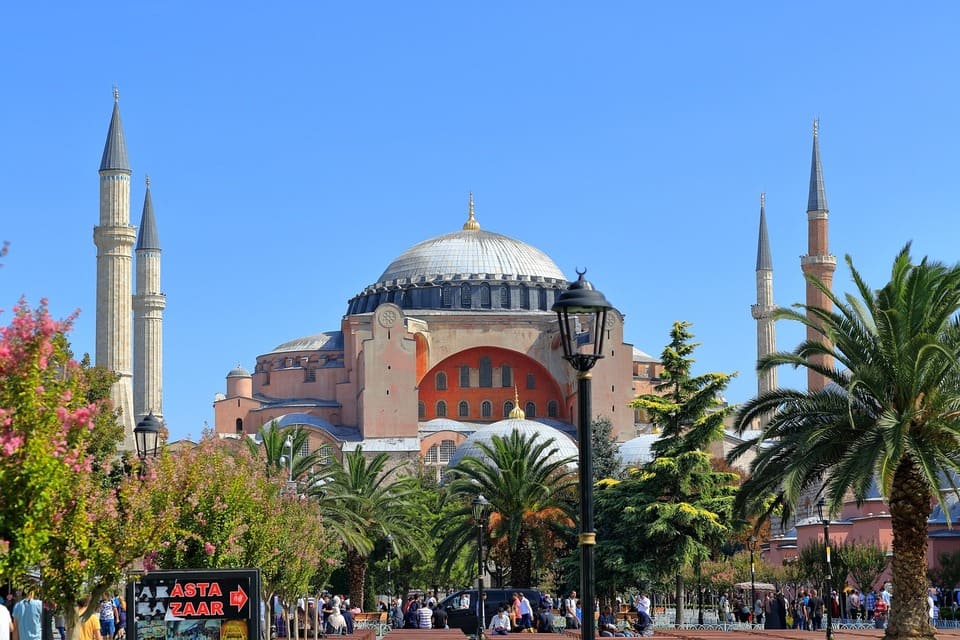
A Look at the Various Languages of Turkey
Turkey’s linguistic profile is as diverse as its cultural roots. While Turkish is the official language spoken by the majority of the population, the country is home to numerous other languages, mirroring centuries of migration, history, and regional influence. From minority languages such as Kurdish and Arabic to the growing presence of foreign languages like English, Turkey’s linguistic environment plays a significant role in its multicultural identity. This blog explores the key languages spoken in Turkey, their regional prevalence, and how they shape communication in everyday life.
Official Language of Turkey
The official language of Turkey is Turkish, which serves as the primary means of communication across the nation. As a member of the Turkic language family, Turkish has evolved significantly over the centuries, especially following the language reforms in the early 20th century that modernized its structure and vocabulary. Written in the Latin script, Turkish is not only used in government and administrative contexts but also plays a central role in education and media. Its grammatical structure, rich vocabulary, and distinct pronunciation contribute to its identity as a unifying force for the diverse populations within Turkey. Turkish is spoken by the vast majority of the population, making it a critical aspect of national identity and cohesion in a country characterized by its multicultural heritage.
Major Minority Languages
- Kurdish is one of the most widely spoken minority languages in Turkey, primarily found in the southeastern regions. It includes various dialects, such as Kurmanji and Zaza, and holds significant cultural importance for the Kurdish community.
- Arabic: It is spoken by communities along the Syrian border, representing Turkey's historical connections to the Arab world and serving as an important language for many residents in these areas.
- Laz: Laz is spoken by the Laz people along the Black Sea coast, particularly in Rize and Artvin provinces. It is classified as a Kartvelian language and has a small number of speakers, focusing on preserving their unique cultural identity.
- Circassian: Spoken primarily by the Circassian community in northeastern Turkey, particularly in areas like Adigüzel and Çamlıhemşin, Circassian is part of the Northwest Caucasian language family.
- Armenian: It is spoken mainly in Istanbul and some eastern provinces, with a focus on preserving the language within the Armenian community. The language is used in cultural events, schools, and media among its speakers.
- Greek: Greek language is spoken by the Greek minority in Turkey, particularly in Istanbul, Gökçeada, and Bozcaada. It is used in daily life, community gatherings, and cultural activities, helping maintain the Greek cultural heritage in the region.
- Syriac: It is an Eastern Aramaic language spoken primarily by the Syriac Christian community in southeastern Turkey, particularly in provinces like Mardin and Şanlıurfa. It is used in religious contexts, including liturgy and church services.
Other Minority Languages
- Georgian: Spoken mainly by the Georgian community in northeastern Turkey, particularly in regions such as Artvin and Ardahan. The language has its own unique alphabet and grammatical structure, making it distinct from Turkish. Georgian is used in daily communication and cultural events within the community.
- Bulgarian: Bulgarian is spoken by a smaller Bulgarian minority, primarily found in areas near the borders with Bulgaria, particularly in Edirne province. The language is actively used in daily life and community gatherings.
Causes of Modern Multilingualism in Turkey
- Historical and Geographical Influences: Turkey's location at the crossroads of Europe and Asia has facilitated interactions among various ethnic groups and communities, leading to the coexistence of multiple languages.
- Multilingual Education in Turkey: Turkish schools increasingly offer foreign language instruction, providing students with the opportunity to learn languages such as English, German, French, or Russian.
- Tourism and Global Connections: Turkey's tourism industry and its role as a global hub have contributed to the growth of modern multilingualism. In popular tourist destinations such as Istanbul, Antalya, and Cappadocia, there is a demand for multilingual services, resulting in an increase in individuals fluent in foreign languages. This allows for effective communication with visitors from various countries, promoting cultural understanding and enhancing the overall tourist experience.
- Cultural Exchange: Ongoing cultural exchanges and globalization have facilitated communication between different language speakers, promotinf an environment where multiple languages can thrive.
- Immigrant Communities: Turkey is home to diverse immigrant communities, including those from neighboring countries and beyond. This multicultural environment further enriches modern multilingualism in the country. Immigrants bring with them their native languages, creating pockets of linguistic diversity and contributing to the cultural fabric of Turkish society.
In conclusion, Turkey's linguistic diversity includes over 10 languages, with Turkish as the official language. Minority languages such as Kurdish, Arabic, and Zaza reflect the country's varied cultural landscape. Promoting awareness of these languages is essential for fostering inclusivity and respecting the identities of all groups in Turkey.







